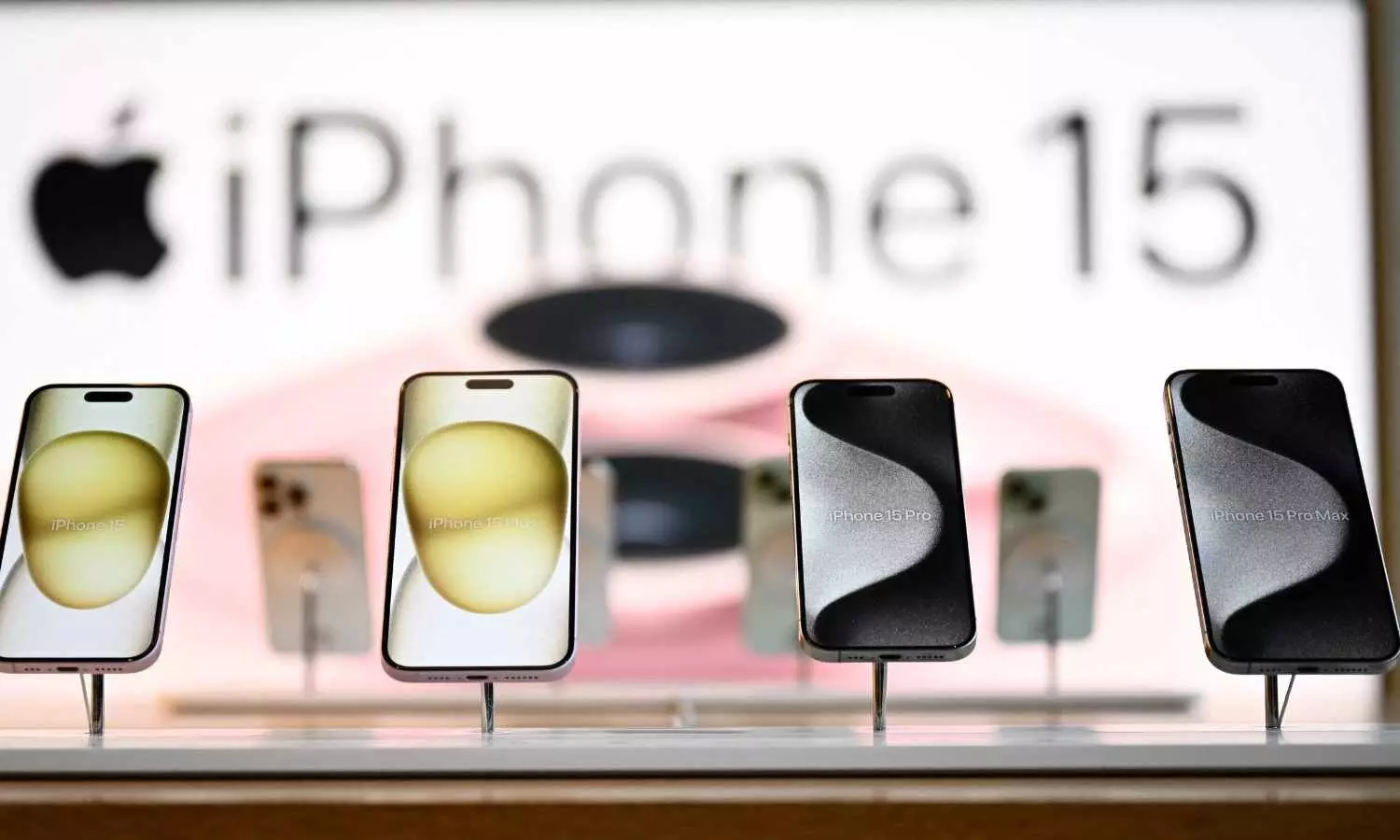Apple Eyes India for iPhone Production Shift as U.S. Tariffs Turn Up the Heat on China: Report
Apple has decided that the best thing for it to do was to expand its Apple manufacturing in India, to divert the adverse impacts Trump tariffs impact.
Apple Eyes India for iPhone Production Shift as U.S. Tariffs Turn Up the Heat on China: Report

Apple is eyeing India as a primary destination to scale up its India iPhone production operations in light of Donald Trump's new iPhone tariffs policy, as reported by The Wall Street Journal.
US president Donald Trump has introduced new 'reciprocal tariffs' impacting over 180 countries. India, who already manufactures up to 15% of Apple's iPhones, now also incurs a 26% US tariff. Although this is less than China's 54% and Vietnam's 46%, it creates short-term challenges but may be beneficial in the long run.
Apple is especially exposed to these new tariffs. As per ET, the company expects to export iPhones worth $8-9 billion to the US this fiscal year, after a phase of duty-free imports.
In response to the tariff, Apple has come up with a strategic move. The company plans to speed up iPhone exports to US from India to reduce the financial burden of higher tariffs on Chinese-made goods
Apple flew from India to the US with five planes full of iPhones and other products over the course of three days. Those shipments took place in late March, before the Trump administration applied a 10% base reciprocal tariff on April 5.
This is part of Apple's all-around strategy to contain short-term tariff costs while seeking tariff exceptions in the US.
The US remains a very important market for Apple's goods, especially iPhones. The firm intends to keep existing consumer prices so as to preserve profit margins and sales volumes.
India's own potential as a manufacturing hub is growing, especially as China's tariffs make room for alternative production centers for global technology companies, including Apple.
Apple's plan to shift 25 percent of iPhone manufacturing to India by 2025 aligns with India's vision to emerge as a global manufacturing hub. The Indian government is actively seeking a bilateral trade agreement (BTA) with the US to advance economic cooperation and gain superior trading terms.
However, the United States has imposed a blanket 10 percent import tariff, in addition to other country-specific levies. India is hit especially hard, with a 26 percent tariff on exports to the US, higher than the rates imposed on other Asian countries like Japan and South Korea.
As per Rosenblatt Securities analysts, the high-end iPhone 16 Pro Max can cost around $2,300 if Apple passes on the higher prices to consumers. That will be more than Rs 1.9 lakh in rupees.

